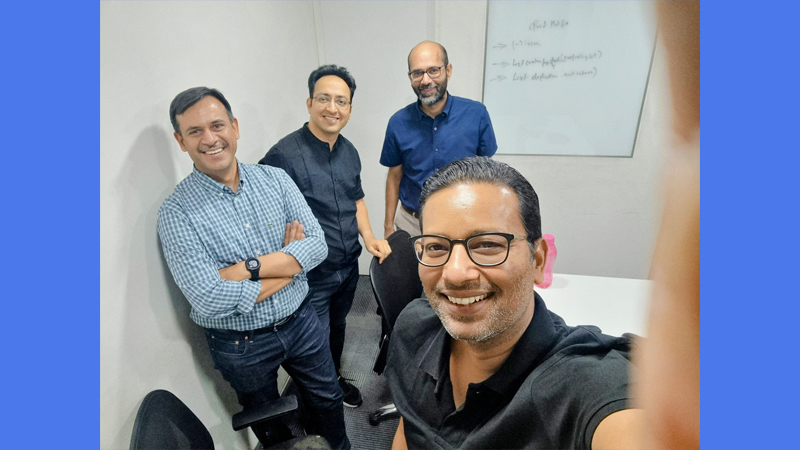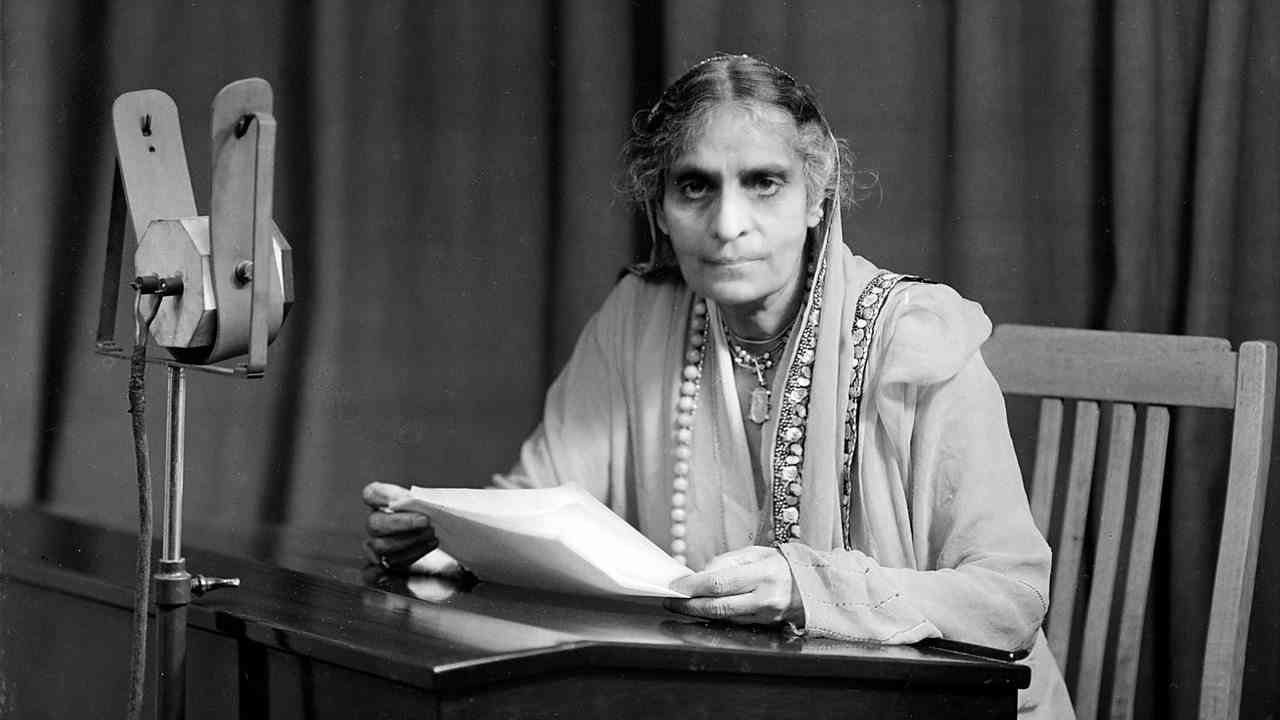When Mary Wollstonecraft said, “I do not wish women to have power over men, but over themselves,” it had a clear implication that men were never the competition for women or the parameter to determine their credibility. It is not how the men perceive their female counterparts, rather it is how the women see themselves when they stand in front of the mirror. However, with all the ostentatious talks of allocating equal space for both men and women in this patriarchal society, any minuscule deviation from the society-defined women’s role scandalizes everyone even today. With this kind of narrow-mindedness prevailing in society, when any woman suddenly grabs the spotlight, and that too in a field of work that is supposedly ruled by men, the incident is bound to turn heads.
One such personality that ruffled the feathers of the patriarchal society by being the first in something that the Indian society had never speculated to witness despite the rigors of patriarchy, is Cornelia Sorabji.
Born in the year 1866, on 15th November at Nashik in Maharashtra, Cornelia had always felt the heavy influence of her parents on her childhood, which motivated her to shine in academics and also contribute to the well-being of society. Being one of the 10 siblings in her family, Cornelia had been to several reputed educational institutions in India. She was the first female student to get admitted to Deccan college. Her journey of being the top female lawyers in India in many unconventional ways started with the first-class degree that she got from her college, Bombay University, which had rejected many female applicants before. Despite holding the rank of a topper in her college, she was denied admission to the Oxford Scholarship program because she was a female. Nevertheless, it was just a little encumbrance for her which she crossed with determination when some of the eminent English women like Florence Nightingale, Mary Hobhouse, and Adelaide Manning collected funds at Oxford for her to pursue her dream of becoming the top female lawyers of India.
It was at Oxford University that Cornelia Sorabji found the true calling of her life. She decided to become a lawyer at a time when the idea of a woman donning the garb of a legal practitioner, arguing amidst all the men in the courtroom was nothing but absurdity. However, in the year 1892, Cornelia Sorabji became the first woman to clear her Bachelor of Civil Law examination despite which Oxford University was not ready to confer her with the degree. Although the University refused to grant Cornelia the honor of being a lawyer that she deserved, she did not lose heart and returned to India to practice as a lawyer. Meanwhile, she had also consolidated another first in her life by becoming the first Indian national who had studied at a British University and that too at Oxford.
Cornelia couldn’t find any work as a lawyer in Britain, so it was quite obvious that she would not find anything close to that in India as well where the society was deeply entrenched in age-old superstitions and prejudices shackling women down in the name of tradition. That was why, Cornelia Sorabji started her journey of being a social worker, which was soon about to fulfill her dream of becoming the first top female lawyer in India in India. Her first case as a solicitor was with the purdahnashin women clients residing in Kathiawar in Gujarat, who were forcefully veiled from the outside world and forbidden to even communicate with them in any way. She fought for six hundred women in a legal battle without charging any remuneration. But the case did not hold any water in the court because her role as the lawyer was not accepted anywhere in the Indian legal system. That is when Cornelia Sorabji decided to sit for the LLB examination from Bombay University in the year 1897 as well as the pleaders’ examination to join Allahabad High Court in the year 1899. Although she had successfully cleared all the exams, she was still not officially recognized as a lawyer, which prompted her to write a petition to the India office in the year 1903 requesting to have a female legal advisor to represent the minor and women clients in all the provincial courts. Due to that petition, she got the prospect of practicing as a lady assistant in the Bengal Court of Wards, and it was the first time she could openly work as a lawyer in Bengal, Assam, Orissa, and Bihar. It was only in 1924 when Cornelia Sorabji started practicing in Calcutta as a lawyer because women were not barred from participating in the legal profession anymore. However, the discrimination did not stop there, as Cornelia was not allowed to plead her cases in court, and she was limited to preparing all the arguments and documents on the cases.
By 1920, Oxford University had already started providing graduation degrees in law to women as well as nurtured grounds for women to practice law in the London Bar. Finally, Cornelia collected her degree in law from England and returned to India to practice as a barrister at the High Court, finally thereby fulfilling her dream and became the top female lawyer in India.
Although she gave up practicing law in the year 1929 to focus on social work, she never ceased to be the embodiment of hard work, grit, and determination, fighting against all social odds and seeing her way through to reach her goals. Cornelia Sorabji answered back to the so-called keepers of society with her resolution, disregarded all the discriminatory attitudes, and broke all the barriers to emerge as the top female lawyers in India and one of the most inspiring women in India.
Visit TheInspireSpy











